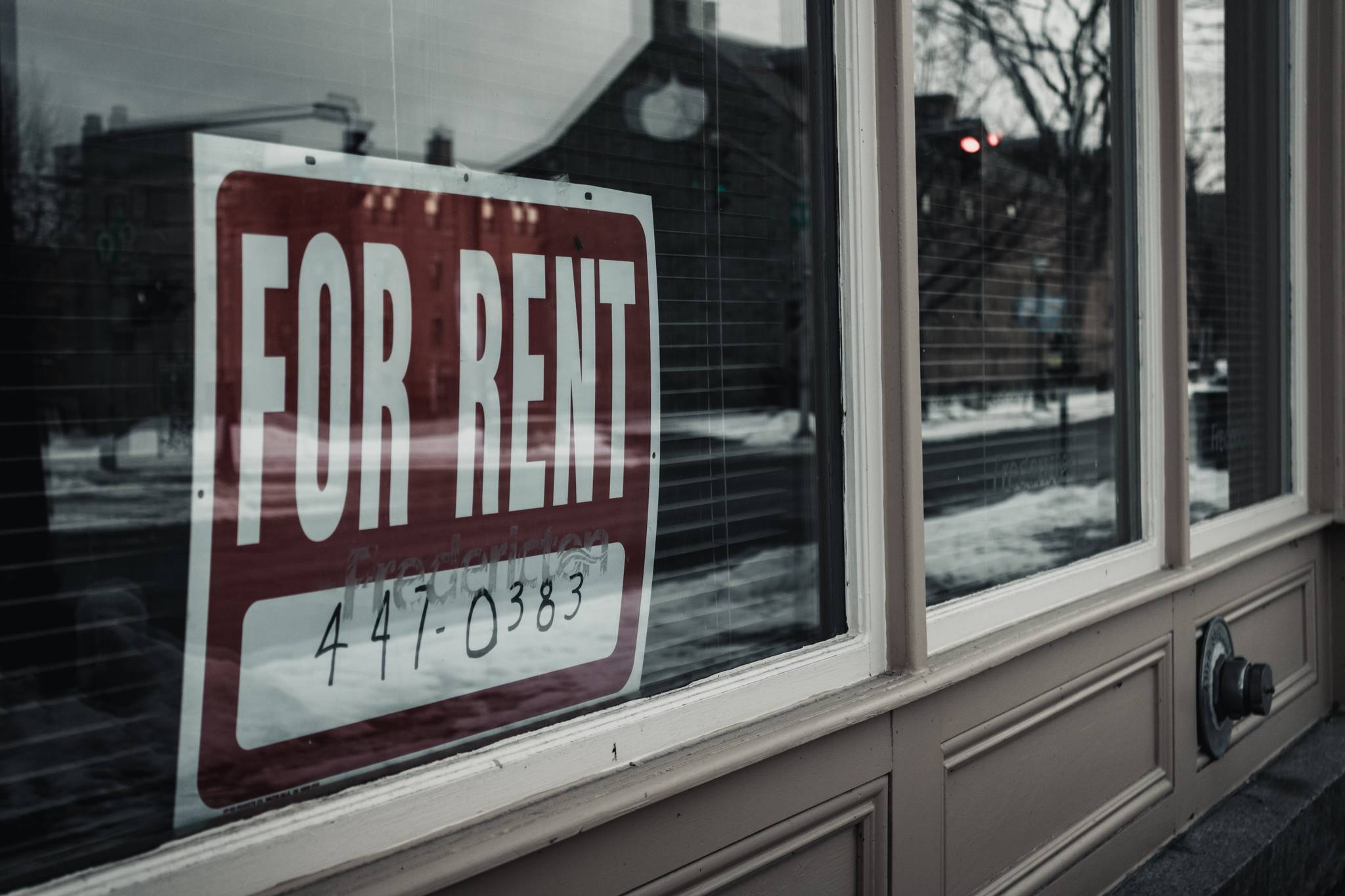Clarification: This article has been updated to provide clarification on phone numbers for legal services for housing issues.
Over the weekend, the federal eviction moratorium that went into effect in 2020 to protect renters during the pandemic expired. Now, state agencies and local leaders are waiting to see what happens next.
So far, Juneau has not seen an extraordinary number of evictions.
Rebecca Koford, administrative attorney for the Alaska Court System, said the reason for the eviction proceedings is not included in the count. As a result, there’s no way to tell the reason behind the numbers.
“Next week’s report should be informative on whether there is a large increase or not,” she said in an email to the Empire Monday afternoon.
According to court documents, landlords filed 19 eviction cases in Juneau between March 28 and July 25, 2021.
Rent relief flows
According to the Alaska Housing Finance Corporation, rent relief is flowing to Alaska’s renters and more will be available. In a Monday morning news release, the organization said it has contacted all Alaska Housing Rent Relief applicants, reviewed all requests for past-due rent, and paid out $85.2 million.
So far, that money has gone to 30,928 applicants —about a third of Alaska’s renters. Of the 25,694 applications that passed the identity and income verification process, 17,955 were approved for payment to landlords and utilities. According to the release, all told, 44,147 individual renters have received rental assistance.
Stacy Barnes, director of governmental relations and public affairs for the organization, said the program is unprecedented and that relief went to people who have not received any type of public assistance before.
“There’s been lots of national coverage about states not getting this money out. One thing that makes Alaska so successful is that we partnered with regional housing authorities and they pooled resources,” she said in a phone interview Monday afternoon.
Barnes said that people who live in Southeast Alaska heard one message about how to apply. That made the program less confusing than in other states that require applicants to navigate a complicated web of city and county processes.
“At the end of last year, this program didn’t exist anywhere in the country,” said Bryan Butcher, AHFC CEO/Executive Director in the news release. “We’ve worked hard to understand the guidance coming from the federal government, develop a program that would benefit both tenants and landlords, and hire contractors and temporary staff that would allow us to administer rent assistance that balances speedy payments with responsibility for legitimate applications.”
After rainy 2020, Juneau sees more typical summer weather
Evictions in Juneau
In an email Monday morning, Scott Ciambor, chief housing officer for the City and Borough of Juneau, said that “a handful of local residents reached out for rental assistance resource and guidance” last week and that he’s sure some households will be affected.
He said that resources like the Alaska Housing Development Corporation, which runs a local rental assistance program, the Alaska Rent Relief Program and the Alaska Legal Services Corporation are examples of local agencies available to support Juneau’s renters.
In a phone interview Monday morning, Tamara Rowcroft, executive director of the Alaska Housing Development Corporation, said that she’s not hearing about “pent up evictions due to non-payment.”
The Alaska Housing Development Corporation is a nonprofit organization that develops, owns, and manages affordable rental housing in Juneau.
“Without the federal money and state process things would be much worse,” Rowcroft said. “We’ve been really fortunate, we have not had a lot of issues. The financial help has been huge,” she said. “If that wasn’t there, it would be a different situation.”
Rowcroft said no evictions are underway for unpaid rent in the 136 rental units that her team manages.
“We aren’t anticipating any. There’s a plethora of money,” she said. “There are always reasons people may want to end a rental contract. But, as far as people getting evicted because they don’t have resources, it’s pretty limited.”
Rowcroft said that some people are still waiting for relief, many of whom are experiencing technical problems due to unreliable internet or lack of computer access. She also said the volume of applicants is likely an issue.
“We still have a handful of folks who have not gotten assistance,” she said. “It’s taken a little longer than anticipated because so many people applied. People were hoping for a quicker turnaround. But, I’m really happy with the results.”
Legal Services Available
But while relief dollars are available, those programs have to be applied for, said Heather Parker, supervising attorney for the Alaska Legal Services Corporation Juneau office, and less than half of the funds Alaska received have actually been dispursed.
“People had to know about it and apply by March 5,” Parker told the Empire. “We’re concerned there’s a number of people who maybe have applied for certain relief programs, and now they’re being asked to leave their homes.”
Alaska Legal Services provides free legal services to low-income Alaskans and Parker said housing is a large part of their job. With the end of the evictions moratorium, Parker said ALS is concerned there will be an increase in housing cases in Southeast Alaska and across the state.
Parker said anyone experiencing housing issues, including landlords, could call ALS for a free legal consultation Monday through Thursday from 6-8 p.m. at (907)743-1000, or the statewide intake number at all hours at 888-4782572 or visit alsc-law.org.
• Contact reporter Dana Zigmund at dana.zigmund@juneauempire.com or 907-308-4891. Reach reporter Peter Segall at psegall@juneauempire.com. Follow him on Twitter at @SegallJnuEmpire.

